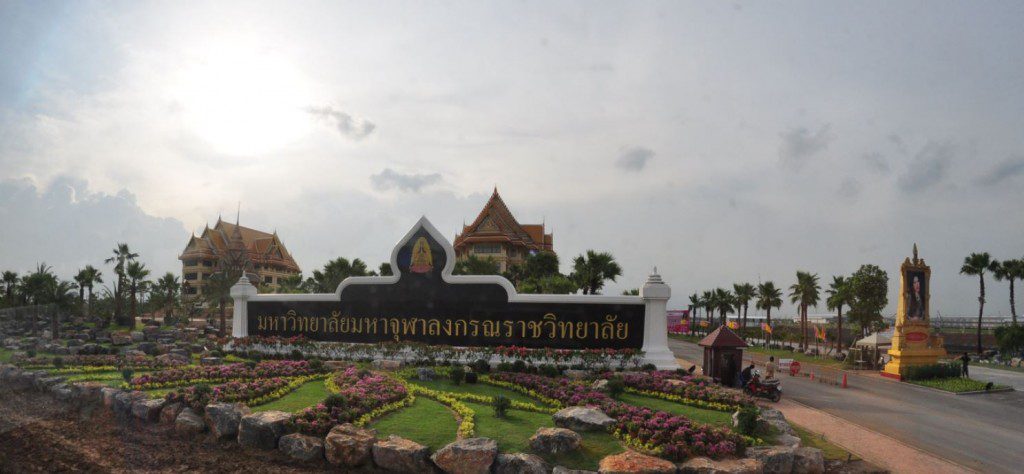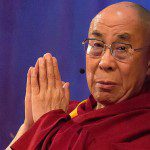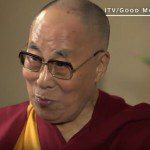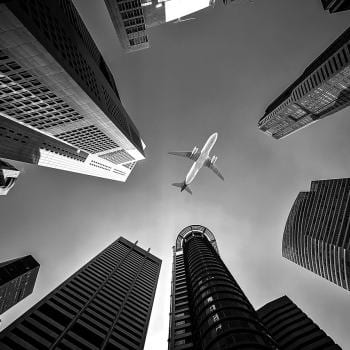
The Journal of the International Association of Buddhist Universities (IABS), based in Bangkok, has issued a call for papers today examining the role of intellectualism in Buddhist studies. The key questions posed for the upcoming edition of the journal are:
In your Buddhist University or Buddhist Studies Program, what is the role of intellectualism within your program? How is intellectualism promoted or prohibited? Some professors promote critical thinking skills within their studies, some professors ensure their students are better prepared for future endeavors – what are your contributions to Buddhist Studies? How have you made the genre of Buddhist Studies a better place for everyone, your students and any lasting legacy? What are other Buddhist universities or programs doing for the benefit of the academic genre of Buddhist Studies – do they have liberal learning curriculum where students can select their own courses or must they participate in a set program, which cannot be deviated from where students must learn the same thing, in the same style – where creativity is frowned upon?
Further, they seek exploration on the theme of “Cultural Implications of Critical Thinking,” which was the topic of another Thai journal, Manusya (2001). With the question of whether Buddhism (or anything not stemming from Platonic thought) counts as philosophy again being asked – and loudly answered, again and again – this topic presents itself as especially timely. A writer in the above-mentioned Manusya journal notes that concerns exist, “that Asian cultures may be inhospitable to critical thinking, possibly due to the ‘very high esteem’ in which teachers are held” (Evans p.80, citing the call for papers).
In responding to this concern, Evans suggests that critical thinking is a matter of creative engagement with current history:
The key, of course, is the structure of the engagement. To be critical, the activity can be neither a retreat into local custom nor an enthusiastic embrace of whatever is perceived to be the dominant culture. To think and act critically means to stand creatively within the tensions among one’s own culture, the other cultures and the emergent culture of the tensions, it means effecting the breach within the historical situation. (p.93)
Given this definition, Evans suggests that Asian cultures are quite capable of critical thinking, even when it does not ‘look like’ what many in the West would expect. He notes that criticisms of Asian culture are not restricted to them; as some people criticized the hippies on the grounds that their ‘non-conformity’ did not include non-conformity toward one another. The criticism, Evans rightly notes, misses the point. While Asian cultures typically hold teachers in high esteem, this does not mean that failed teachers or thoughts fraught with scandal are immune to public censure. And while Buddhists in Asia have been criticized as non-confrontational to even despotic regimes, one need look no further back than the “Saffron Revolution” in Burma (Myanmar) in 2007 to see that this is not strictly the case.
As for my own conclusions that Asians are plenty capable of critical thought and being philosophers in a very thorough sense, you can read one of my older articles on the topic, such as this one from 2013: Buddhism: religion or philosophy?
For articles from the IABU on Buddhist Critical Thinking Skills, see their 2013 Journal.
And for a very current discussion of multicultural philosophy (with conversation of the above-mentioned article on non-Platonic traditions), see this storify by Bryan W. Van Norden:
The Debate over Multicultural Philosophy https://t.co/mgITSQIDIL
— Bryan W. Van Norden (@BryanVanNorden) September 15, 2016
Deadline for submissions to the journal: 24 February 2017
E-mail questions and final papers to the IABU Manager: [email protected]. Papers will be peer-reviewed and published (by Mahachulalongkornrajavidyalaya University Press) as soon as possible, following the deadline and administrative procedures.












